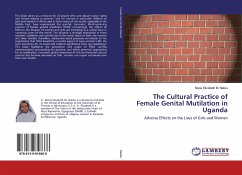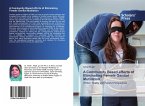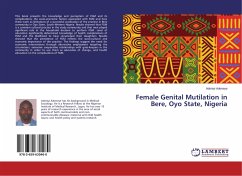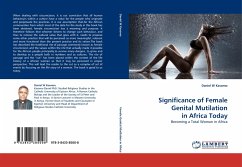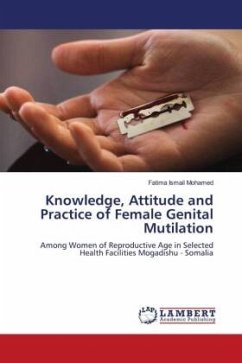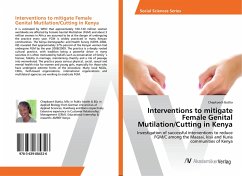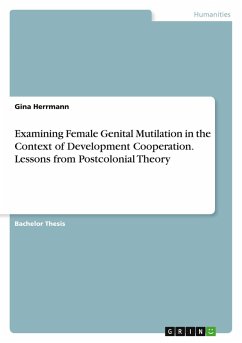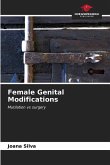This book serves as a resource for all people who care about human rights and human dignity in general-and for women in particular. Millions of girls and women in Africa and in other parts of the world, especially in the Middle East, have experienced the painful, traumatic, life-threatening practice of female genital mutilation (FGM). Increasingly, the effects of FGM on the lifespan of women and girls are emerging as a critical issue in numerous parts of the world. The practice is strongly embedded in these societies' traditions and contributes to the social status of both the women and their families; therefore, substantial social pressures contribute to the expectation that FGM should be a normal aspect of every woman's life. Do such assertions for its social and cultural significance have any legitimacy? This book highlights the prevalence and origin of FGM, clarifies misconceptions surrounding the practice, and offers potential approaches for its eradication. Increased globalawareness of this controversial cultural practice has become necessary so that women can regain autonomy over their own bodies.
Bitte wählen Sie Ihr Anliegen aus.
Rechnungen
Retourenschein anfordern
Bestellstatus
Storno

